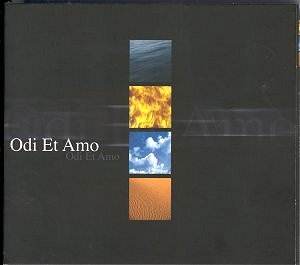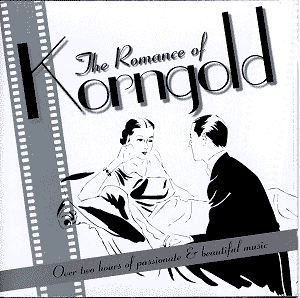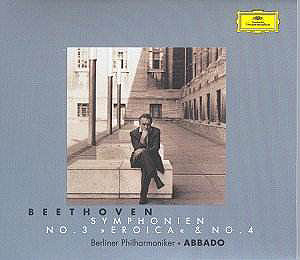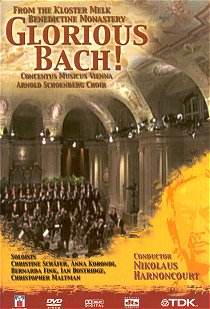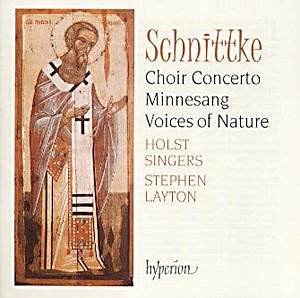 Composer: Alfred Schnittke
Composer: Alfred Schnittke
Works: Concerto for Mixed Chorus (1984/5), Voices of Nature (Golosa prirodi) (1972), Minnesang (1980/81)
Performers: Holst Singers, Stephen Layton
Recording: All Hallows, Gospel Oak, 13-15 Jul 2001
Label: Hyperion CDA67297
Alfred Schnittke, a towering figure of 20th-century music, is often recognized for his avant-garde techniques and mastery of the grotesque. Yet, his Concerto for Mixed Chorus, composed in 1984/5, reveals a profound engagement with the choral traditions of Russian Orthodox spirituality, a dimension that resonates deeply within his oeuvre. This work, emerging during a time of significant ideological constraints in the Soviet Union, serves as both an artistic expression and a communal voice, echoing the long-standing Russian affinity for religious and spiritual themes, even amidst the constraints of official doctrine.
The Holst Singers under the direction of Stephen Layton present a commendable interpretation of Schnittke’s choral masterpiece. Their performance captures the emotional depth and modal richness inherent in the work. Schnittke’s use of the 10th-century Armenian monk Grigor Narekatsi’s texts infuses the piece with a transcendent quality that transcends mere musical form. The choir possesses a luminous clarity, particularly evident in the ethereal opening sections where the voices intertwine with a fluidity that suggests both reverence and introspection. While they may not match the authority of the Svetlanov-led recording, the Holst Singers bring a freshness that is imbued with sincerity and expressive power. The bass voices, in particular, resonate with a rich sonority that enhances the textural complexity of the work.
Technical aspects of the recording are notably praiseworthy. The engineering captures the ensemble’s sound with remarkable fidelity, allowing the individual voices to be heard distinctly while maintaining the necessary blend typical of choral performance. The acoustic of All Hallows provides an ideal backdrop, enriching the harmonic overtones without overwhelming the clarity of the choral lines. The balance achieved between the various voice parts is commendable, ensuring that the modal melodies, often characterized by their stark simplicity, are imbued with emotional weight.
In juxtaposition, the accompanying pieces—Voices of Nature and Minnesang—offer a different perspective on Schnittke’s choral writing. While “Voices of Nature” appears somewhat ephemeral and lacks the thematic substance of the Concerto, it nonetheless showcases Schnittke’s ability to evoke atmosphere through sound, albeit without leaving a lasting impact. Conversely, “Minnesang,” which engages with the legacy of medieval German lyricism, exhibits Schnittke’s penchant for intricate textures. Here, the phonetic treatment of the text reveals a complex relationship between sound and meaning, though it never quite reaches the spiritual heights of the Concerto.
The disc is a significant contribution to the growing discography of Schnittke’s choral works, illuminating the composer’s exploration of spiritual themes under the constraints of his time. The Holst Singers’ performance, while perhaps not as authoritative as some of their Russian counterparts, is nonetheless engaging and heartfelt, making the work accessible to a broader audience. This recording stands as a testament to Schnittke’s genius, reflecting the profound depths of Russian choral music while inviting listeners to engage with its spiritual resonance.
